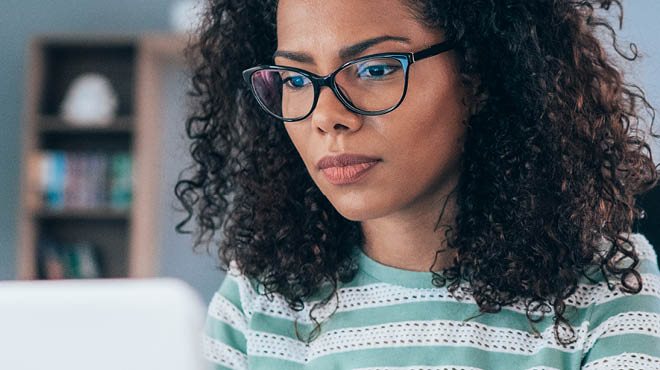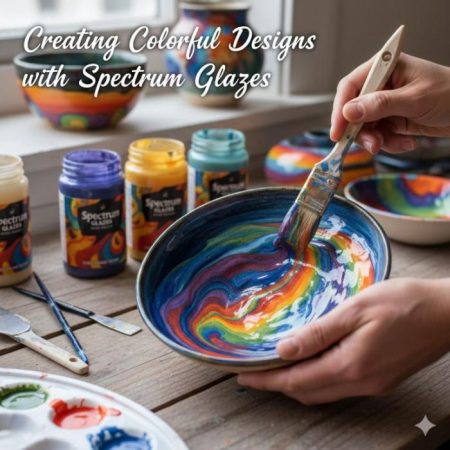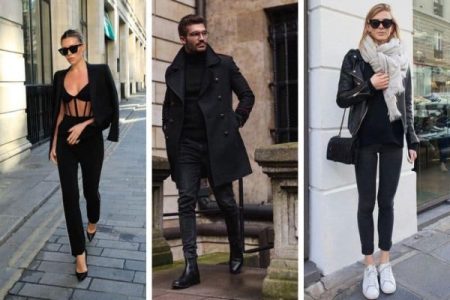Blue light, a specific grade of high-energy light typically emitted from digital devices such as your phone or computer, can disrupt sleep patterns and cause headaches.
While marketers often promote glasses designed to counteract blue light, healthcare experts have yet to be convinced that they can help independently alleviate eye strain and sleep issues.

We are constantly exposed to screens emitting blue light from various electronic devices such as smartphones, computers, and tablets. Prolonged exposure to this blue light can lead to eye strain, fatigue, and even disrupt our sleep patterns. To combat these issues, many people are turning to blue light blocking glasses as a solution. These specially designed glasses are equipped with lenses that filter out or block blue light, thereby reducing the potential negative effects on our eyes and overall well-being. In this guide, we’ll explore the benefits, functionality, and considerations associated with blue light blocking glasses, helping you understand whether they might be a worthwhile investment for your eye health.
They Reduce Eye Strain
We are familiar with digital screens emitting light, which has been linked to eye strain and sleep disruptions. Moreover, while it is not easy to limit screen time, there are a few ways you can do it more effectively — and reduce the effects of eye strain on your eyes in the process.
According to a report from the Vision Council, people who spend at least 2 hours a day on a screen are more likely to experience eye strain and other related eye health symptoms. The organization recommends avoiding screen time in the afternoon and evening and limiting use to no more than 3 hours a day if you are an adult.
One way to cut down on digital screen time is by investing in blue light-blocking glasses, a pair of lenses that specifically filter out this high-energy visible (HEV) light. The lenses are made to block this wavelength of light before it reaches your eyes, cutting down on the amount of harmful blue light that comes to your retinas and interferes with melatonin production. This hormone regulates your sleep cycle.
The most common tints used in wearing blue light glasses are amber, but there are also orange and yellow shades that filter out the same amount of HEV light while still allowing you to see clearly. However, a darker tint may be better if you seek more effective protection.
They Help You Sleep Better
If you’re struggling with sleep issues, a pair of blue light-blocking glasses might help. These glasses block the bright light from artificial sources (such as smartphones, computer screens, and TVs) that disrupt your circadian rhythm.
Studies have shown that exposure to too much blue light can interfere with melatonin levels and cause sleep disorders such as insomnia and restless legs syndrome. Fortunately, there are plenty of ways to reduce blue light exposure and improve sleep, such as decreasing screen time before bed and using brightness reduction technology on electronic devices.
You can also purchase glasses with a built-in blue light filter or try out blue-light-blocking screen protectors that you add to your device’s screen. But remember that blue-light-blocking glasses aren’t a cure for sleep issues; you’ll also need to make other lifestyle changes.
These are a good choice for people who filter out blue light without sacrificing style or comfort.
They Are Stylish
If you are tired of looking at your computer screen for hours, invest in a pair of blue light-blocking glasses. These stylish frames are perfect for reducing eye strain and helping you sleep better at night.
Most blue light glasses are designed to filter out ultraviolet and violet wavelengths while reducing the amount of blue light that hits your eyes. That helps promote melatonin production in your body, which can encourage sleep.
They also come in various styles to suit your taste and budget. For example, you can opt for a more minimalist frame or a pair that comes in a colorful, throwback style.
For a stylish, functional upgrade, you can find a pair of blue-light-blocking glasses that fit over prescription eyeglasses. The best ones are large enough to sit over your current prescription lenses comfortably but not too big or cumbersome.
You can buy them online or in stores, and most retailers offer try-on services to ensure they fit your face well.
They Are Affordable
Blue light from the sun and popular electronic devices are helpful for alertness, but they can also cause sleep disruptions. That is why many optometrists recommend wearing glasses that block blue light, particularly in the hours before bedtime.
If you are hunting for stylish pair of blue light-blocking glasses without prescription lenses. Most are within the $15 to $50 price range, and many offer free trial periods or return policies.
It would help to choose a frame style that fits your face and does not pinch or squeeze. It would help if you also considered whether or not you want a tinted or clear option.
While there is no “gold standard” for the effectiveness of blue light-blocking glasses, it is essential to understand that tinted options generally absorb more of the most damaging wavelengths. This makes them a better choice for nighttime wear, while clear lenses are more effective during the daytime.
Moreover, many eyeglass retailers will allow customers to add a blue light-blocking coating to their prescription frames for a small fee. This may be an ideal option for those who have prescription lenses already and need to add an extra layer of protection against the blue light emitted by their screens.
Luckily, some of the best online retailers sell blue light-blocking glasses for reasonable prices. For example, eyeglasses let shoppers customize over a thousand styles with blue light-blocking lenses compatible with various lens strengths and prescriptions.






